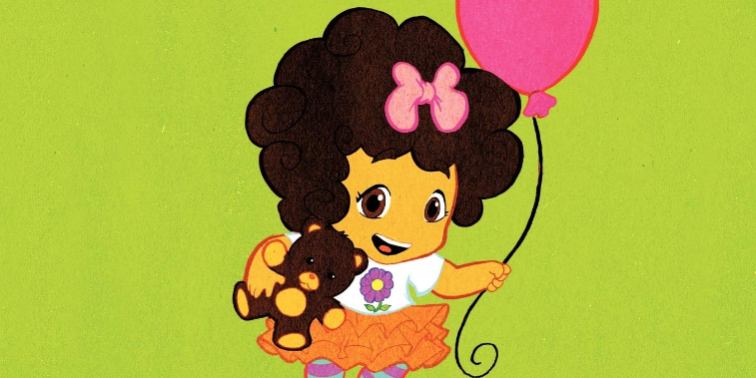Sharing Our Story
The journey to parenthood through egg donation and surrogacy is filled with a range of emotions, from hope and joy to uncertainty and fear. As intended parents, one of the most significant questions you may grapple with is whether to disclose to your child that they were conceived through these means. This blog aims to explore these concerns, offering perspectives into the emotional landscape of disclosure and timing while providing gentle guidance to help you manage this deeply personal decision.
It is perfectly normal to have doubts about revealing the true nature of your child’s arrival. Concerns may arise about how your child will perceive their identity, whether they will feel a sense of loss, or if society will accept them fully when they learn the truth. For many parents, especially those who used an egg donor, these feelings can be intensified by the societal stigma that still surrounds surrogacy and donor conception in some regions.
Stories abound of parents who initially resolved to be open about their child’s origins, only to postpone the conversation out of fear or uncertainty. As children grow, this delay can create tension and missed opportunities for authentic communication. Keeping such an important part of your child’s story hidden may lead to feelings of betrayal if the truth is discovered later in life.
The Importance of Honesty
Psychologists emphasize the value of openness in parenting, particularly regarding sensitive subjects like surrogacy and egg donation. Children are often more perceptive than we give them credit for, and in a world where technology can unravel secrets, being forthright is crucial. For many families, using age-appropriate language, along with positive storytelling, can help children understand their unique origins in a gentle and reassuring way.
For guidance on how to communicate these ideas to children, you might find the following books helpful:
“The Journey to You” by Natalie Hart
This beautifully illustrated book takes children on an imaginative journey to discover how they came into the world through the loving process of surrogacy. It gently explains the concept in a way that is age-appropriate, celebrating the unique path that brings a child to their family.
“Grown in Another Garden” by Crystal Folk
This heartfelt story offers a touching narrative about a child who learns about their origins through surrogacy. The book uses the metaphor of growing in a garden to explain how families can be formed in different ways and highlights the love and care that goes into the surrogacy journey.
“The Kangaroo Pouch: A Story about Surrogacy for Young Children” by Sarah A. Phillips
In this engaging tale, a kangaroo mom explains the concept of surrogacy to her little one, using her own pouch as a loving analogy. The story provides an easy-to-understand explanation of how a surrogate carries a baby for another family, making it relatable for young readers.
“The Very Kind Koala” by Kimberly Kluger-Bell
This charming story features a kind koala who helps bring babies into the world with the support of a surrogate. It presents a warm and friendly perspective on surrogacy, emphasizing the themes of kindness, love, and family, and is designed to help children understand their origins in a positive way.
Building the Connection
Creating a keepsake or memory book documenting your journey can significantly aid in conveying your story authentically. Collecting photos from your journey, writing emotional notes about your feelings, and reflecting on your connection to the baby throughout the pregnancy — even when it is through someone else — can deepening that bond. Each entry can articulate your desire for your child to understand the love and effort behind their arrival.
When to Tell: Suggestions and Considerations
Determining the best time to disclose this information can be challenging. While there is no one-size-fits-all answer, many experts suggest considering the following:
- Early Conversations: Starting the conversation at an early age can create a natural understanding before your child can fully comprehend the complexity of the situation. Use simple terms and focus on love and the journey.
- Developmental Milestones: As your child reaches different developmental stages, their capacity to understand and process information will evolve. Assess their curiosity about family and their origins as they grow, and be prepared to share more detailed information as they age.
- Emotional Readiness: Pay attention to your child’s emotional maturity and comprehension. Engaging in open dialogues about family dynamics can create a foundation for deeper conversations when they are older.
While we advocate for transparency, it is essential to acknowledge that different families have different approaches. Some parents may choose to keep these details private for various reasons, and that is perfectly valid too. Parenting is a deeply personal journey, and what works for one family may not feel right for another. As your parenthood experience unfolds, your perspective may change; consider your comfort level and the evolving needs of your child.
Allow yourself the grace to explore this topic and ultimately decide what feels right for you and your family. Remember, there is no universal “right” way to share this important story. Trust your instincts, and know that you are not alone on this journey.










